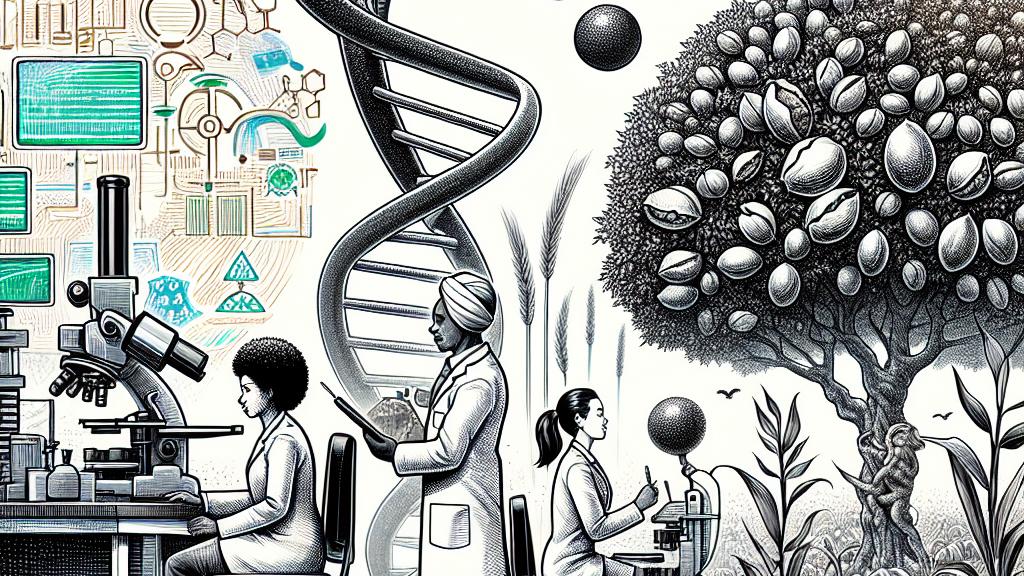Unlocking Potential: Genome Sequencing of Macadamia Species for Crop Enhancement
Overview
- Groundbreaking genome sequencing of four Macadamia species revolutionizes crop enhancement.
- Uncovers essential genetic traits that boost disease resistance and adaptability to climate challenges.
- Widening genetic diversity is crucial for sustainable and innovative breeding practices in macadamia agriculture.

The Power of Genome Sequencing
In Australia, a significant scientific endeavor has yielded a groundbreaking achievement: the sequencing of the genomes of all four Macadamia species. This remarkable research not only elevates our understanding of these beloved nuts but also sets the stage for unprecedented advancements in agricultural practices. By delving deep into the genetic architecture of these plants, researchers have unearthed vital traits that enhance disease resistance and improve their ability to thrive in changing climates. For instance, imagine developing macadamia varieties that can flourish under extreme drought conditions while also thriving in humid environments—these are the exciting possibilities realized through genomic research. Such innovations are undeniably crucial as we confront the realities of a warming planet and the pressing need for sustainable food production.
Overcoming Breeding Challenges with Genetic Diversity
Despite its soaring popularity on the global stage, macadamia cultivation has been hampered by a narrow genetic base predominantly drawn from Hawaiian germplasm. This lack of diversity poses significant hurdles for breeders aiming to enhance resilience and yield. Thankfully, the recent genome sequencing efforts allow breeders to tap into a broader genetic pool found in wild macadamia species. For example, by introducing genes linked to improved flavor profiles and higher oil content from wild relatives, breeders can craft tastefully superior and more robust varieties. This pursuit not only meets the palates of eager consumers but also provides the plants with greater resistance to threats like pests and diseases, thus fortifying the entire macadamia production system.
Innovating the Future of Macadamia Production
This extensive genome sequencing project has opened a wealth of possibilities for the future of macadamia production, with its findings serving as a cornerstone for innovative breeding strategies. By illuminating the diverse structural variations among the species, researchers now possess the tools needed to create macadamia varieties that are not just market-responsive, but also resilient to the environmental challenges ahead. Dr. Robert J. Henry, the project's lead investigator, compellingly states, 'Access to these genomes unlocks extraordinary opportunities for enhancing crop resilience and productivity across the board.' Indeed, this research marks a pivotal moment, guiding macadamia production toward a future where high-quality nuts flourish in a sustainable agricultural landscape, promising a truly delicious and resilient harvest for years to come.

Loading...